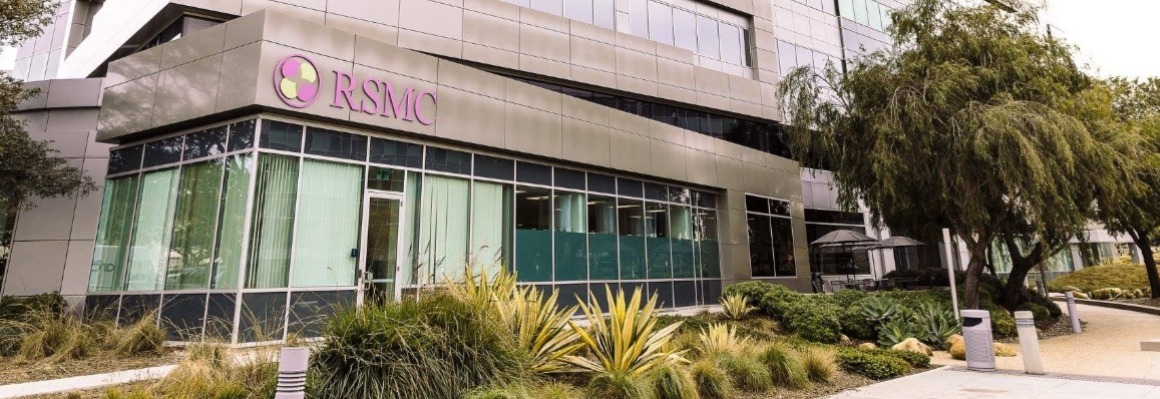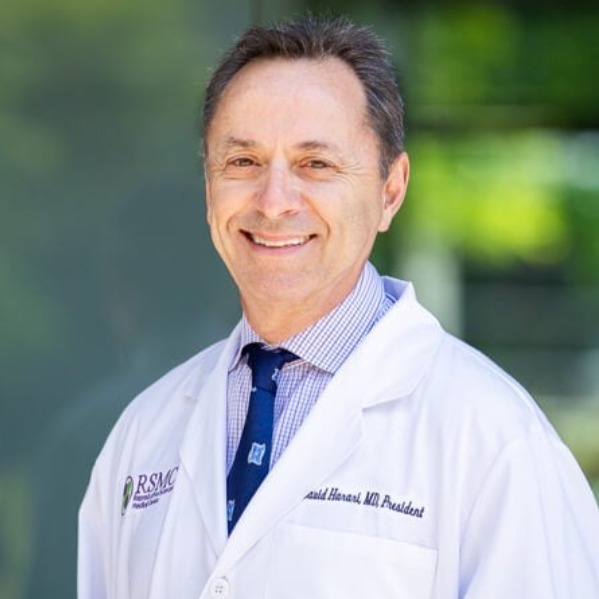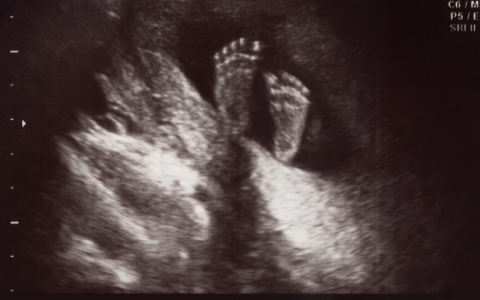The Next Step in Assisted Reproduction: The Globalization of the Reproductive Industry Chain

Egg Freezing and Fertility Policies in Asia
As Asian countries face the challenges of declining populations and falling birth rates, egg freezing and IVF technologies are gaining increasing attention from governments. Various strategies have been adopted to attempt to boost fertility rates, making policies and support measures for assisted reproductive technologies an important part of promoting population growth.
Take Hong Kong, which has the lowest fertility rate globally, as an example. Single women are allowed to freeze their eggs, but the eggs can only be stored for ten years. Additionally, government-assisted reproductive services are limited to legally married couples, where the woman must be a Hong Kong resident and under 40 years old at the time of treatment. Current fertility policy subsidies do not cover the entire IVF treatment, and the waiting time for initial public consultations is typically six to ten months.
Taiwan, on the other hand, shows a more open attitude. It not only provides subsidies for single women to freeze their eggs, encouraging them to preserve their fertility, but also offers government subsidies for IVF treatments, benefiting more infertile couples. Besides, Taiwan's medical costs are much lower than Hong Kong's, and travel is very convenient. Many infertile couples from Hong Kong opt to fly to Taiwan for IVF treatments, and many women also go there to freeze their eggs. Taiwan's costs for IVF treatments, egg freezing, and storage are all cheaper than in Hong Kong, and there is no ten-year limit on egg storage in Taiwan. The advanced technology in Taiwan attracts many people from Hong Kong for medical tourism.
Japan and Singapore focus their policies on supporting married couples. Both governments provide significant subsidies to encourage married couples to undergo IVF treatments. To address low fertility rates, the Japanese government has introduced subsidy programs for egg freezing and IVF treatments. These subsidies can reach up to 300,000 yen for egg freezing, and from 2022, public health insurance covers 70% of IVF treatment costs. Singapore's fertility subsidies are similar to Japan's, mainly supporting married heterosexual couples. Singapore’s subsidy policies cover part of the costs for multiple IVF attempts, with adjustments based on the couple's age and previous fertility history.
As birth rates decline and population aging intensifies, Asian countries show different policy attitudes. For example, Hong Kong's Health Bureau has stated there will be no subsidies for egg freezing, as the government's primary goal is to encourage citizens to have children as soon as possible. In contrast, Taiwan has been actively discussing the legalization of surrogacy in recent years to help more infertile women achieve their fertility plans. These differences reflect how various governments consider reproductive technologies from social, fertility, and economic perspectives, affecting not only fertility rates and public acceptance but also the future demographic structure and social development.
Egg Freezing and IVF in Taiwan: A Popular Choice
It’s not just people from Hong Kong who go to Taiwan for IVF treatments; infertile couples from neighboring Asian countries also flock to Taiwan. Why is this?
Taiwan’s reproductive medical technology is advanced, the regulations are relatively relaxed, and the treatment costs are more reasonable compared to other regions. In Taiwan, the egg donation process is very simple, without the need for complicated ethical reviews, making it very attractive to infertile couples from countries with strict egg donation regulations.
In Japan, the legal restrictions and ethical standards surrounding egg donation are quite stringent. Japanese regulations require a thorough consultation and review process for egg donation, and there are few anonymous donors available, making donor eggs scarce. Many infertile couples in Japan turn to Taiwan after multiple unsuccessful IVF treatments at home, seeking more options and possibilities. Taiwan’s reproductive clinics can offer a wider selection of donor eggs from healthy young women, who have undergone rigorous health screenings.
The situation in Hong Kong is even more urgent. Due to the lack of egg banks and egg donation services, Hong Kong couples seeking egg donation treatments often have to look overseas for help. Taiwan, being geographically close and culturally similar, is a popular choice for Hong Kong residents. Additionally, compared to Hong Kong, the overall treatment costs in Taiwan are lower, allowing more couples to afford multiple IVF cycles and increasing their chances of success. Taiwan’s advantages in technology, regulations, cost, and language make it an attractive destination for infertile couples from Japan, Hong Kong, and Southeast Asia, especially those in need of egg donation.Given Taiwan's leading position in reproductive technology and its lower prices compared to other countries, many singles and couples choose to retrieve sperm and eggs or create embryos in Taiwan, then transport these reproductive cells internationally to the U.S. for further IVF or surrogacy procedures.
In the U.S., not only are single individuals allowed to undergo IVF treatments, but surrogacy is also legal. This convenience is possible because Taiwan's reproductive medical institutions are internationally recognized for their technology. For example, the Reproductive Science Medical Center (RSMC) in San Diego, California, collaborates with the well-known Taiwanese hospital. As reproductive technology evolves, what was once completed entirely locally is now becoming increasingly internationalized. Couples needing surrogacy can undergo IVF treatment in Taiwan, where the eggs are stimulated, fertilized, and genetically diagnosed. RSMC then transports the healthy embryos to the U.S. to be implanted in a surrogate mother, allowing the intended parents to stay in their country while waiting for the surrogate to become pregnant.

The United States: The Next Step for Becoming Intended Parents
In today's globalized reproductive industry, the United States has become the top choice for many intended parents (IPs) due to its advanced medical technology and open fertility policies. Unlike many countries with restrictions based on sexual orientation or marital status, the U.S. has inclusive fertility policies that allow same-sex couples, single individuals, and heterosexual couples to undergo IVF and surrogacy treatments. The mature legal framework in the U.S. provides ample protection for intended parents, emphasizing not only their rights (such as parental rights) but also respecting the rights of egg donors, sperm donors, and surrogate mothers.
For instance, at RSMC, in addition to compensating donors and surrogates with nutrition fees or surrogate wages, professional agencies handle legal and insurance matters, ensuring their safety and peace of mind during the medical process. Furthermore, the U.S. places a strong emphasis on the rights of the child. Intended parents and all third parties involved in the surrogacy process must undergo strict psychological evaluations and background checks to ensure that they are loving and capable of providing a safe environment for the child. This ensures that the child is born into a happy family.
This commitment to human rights and the well-being of the child differentiates the U.S. from many countries involved in gray-area medical practices. Reputable medical institutions in the U.S. prioritize human rights just as much as reproductive rights, ensuring a comprehensive and ethical approach to assisted reproduction.
Why Choose the United States?
The United States maintains a leading position in reproductive technology worldwide. Compared to some Asian countries, U.S. fertility services offer greater flexibility and protection in legal and ethical terms. For instance, while egg donation is allowed in Japan, the associated legal regulations and cultural factors often complicate the process. In Hong Kong, stringent laws restrict the use of reproductive technologies, such as PGS (Preimplantation Genetic Screening), forcing many families in need of these services to seek help overseas. Beyond these policy factors, what other reasons attract intended parents from around the world to the U.S. for IVF treatments?
California, where the reproductive industry is most prosperous in the U.S., houses the largest laboratory in Southern California and the elite egg bank and surrogate pool at the Reproductive Sciences Medical Center (RSMC). Here are the reasons RSMC provides for choosing the U.S.:
California not only legalizes surrogacy but also boasts extensive egg and sperm banks, professional surrogates, and comprehensive legal regulations, making the U.S. an ideal choice for intended parents worldwide. These are aspects that many other countries find hard to match. For example, in egg donor IVF treatments in the U.S., heterosexual couples, same-sex couples, and individuals can all participate. Recipients can view the photos, life details, height, weight, education, interests, and even the health and survival status of the donor's immediate family, as well as IQ test results or academic strengths for reference. The cost of egg donation varies based on the donor's profile, the number of eggs purchased, and additional commuting fees, with all processes covered by formal documentation and legal protection of parental rights. Furthermore, legal sex selection based on the baby’s health is an attractive aspect of U.S. fertility policies, drawing many intended parents from Asia for IVF treatments.
For international clients, RSMC offers a one-stop service, managing everything from the international transport of gametes to the egg bank and surrogates, making the entire process more convenient and efficient. Additionally, advanced reproductive technologies and laboratory facilities facilitate the international transport of cells like sperm, eggs, and embryos. Whether shipping frozen eggs/sperm or embryos, RSMC ensures minimal loss during transportation and thawing, a significant advantage in the global reproductive industry. Cross-border fertility services allow international intended parents to overcome geographical and legal barriers in their home countries, access higher-level medical services, and easily achieve their fertility plans.
Contact us to schedule a free video consultation with the RSMC Medical Director, Dr. Harari, who has 30 years of clinical experience, to receive comprehensive fertility advice. Please contact Line / WeChat: rsmctw, WhatsApp: +1 858-342-6046.

DR. DAVID HARARI
Director of RSMC and President of the Medical Group
Dr. Harari obtained his medical degree from the University of Georgia Medical Center, completed his internship at the Medical College of Georgia, and subsequently finished his residency at Mercy Hospital Medical Center. He has over 30 years of clinical experience. Currently, he serves as the President of the San Diego Obstetrics and Gynecology Association, which comprises over 400 professional OB-GYN physicians.
Other
-
2025/03/13others
Can Vitiligo Be Cured With Reproductive Technology?
-
2025/02/24others
What are the reasons behind failed blastocyst culture?
-
2024/11/20others
A Must-Read for Expectant Mothers: All About Down Syndrome Screening!



